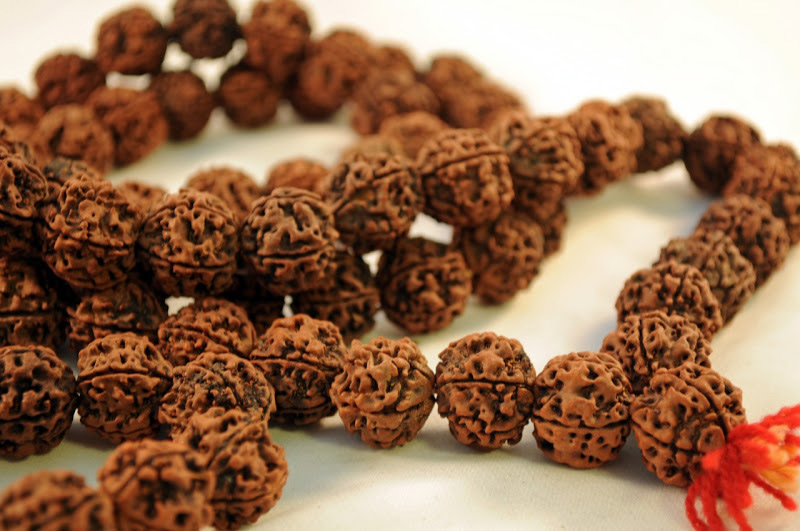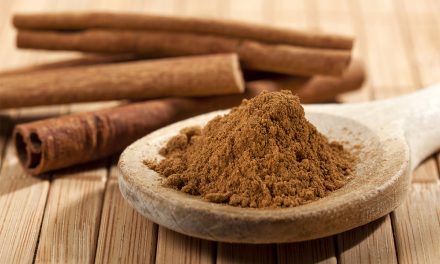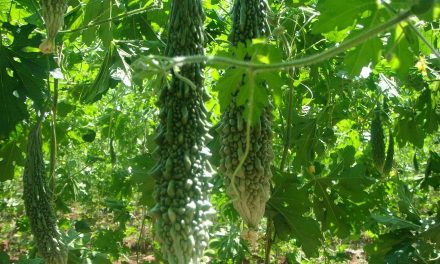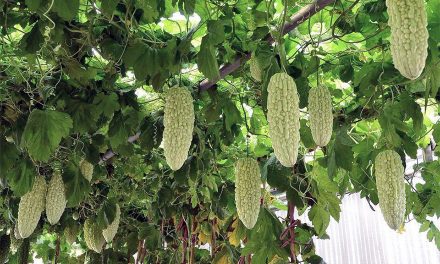The heart is one of the most important organs of the body. It starts ticking from birth and continues till the last breathe. Maintaining the heart and remaining in the pink of health is one of the ways to remain fit. Imbalances and weight gain, stress, blood pressure, hypertension and high cholesterol are open invitations for heart disease.
The heart is one of the most central organs (marmas) of the human body. It’s the main regulator of the circulatory system with many types of srotas or channels responsible for the circulation of various materials like dhatus, wastes, energy and prana. Keeping one’s heart safe and disease-free is something that all human beings should pay attention to daily.
Especially, in today’s world, where people are engulfed by unhealthy lifestyle practices; brimming with long work hours, lack of exercise, fast food binges and the only major relaxation being the television or the Internet. One must wake up and smell the coffee before it is too late. A healthy lifestyle, basic exercise, a nutritious diet and ample time to relax and unwind are important aspects of heart care for men. Even the ancient seers and sages would tell you so.
The 5000-year-old mind-body science of Ayurveda offers holistic health care recommendations that encourage the nurturing of the emotional heart as well as the physical heart. And this is the key to live a life of peace.
Apart from pumping blood the heart is also the centre point of all emotions – whether happiness, sadness, anger or anxiety. Psychological and emotional stress can unsettle the heart. Ayurveda has devised several techniques from meditation to diet to herbal supplements for positive influences on the mind and the heart. This therapy goes to the extent of observing issues from the core, in this case Ojas that is the finest by-product of digestion. Ojas is the mastermind behind all mental and bodily activities and governs bliss, inner strength, satisfaction, energy and longevity. Chanting, listening to uplifting music, aroma therapy, enjoying nature, and eating a pure heart-friendly diet helps in maintaining a positive attitude and averting distress and antagonism.
In Ayurveda the heart is the seat of Prana-life energy. It is maintained by a delicate balance of Agni, which is the solar energy element and Soma, the lunar energy element. Excess stress withers away the soma in the heart. To protect and nurture the physical heart and the emotional heart, it is essential to promote both soma and ojas. Herbs like Shatavari, Holy Basil, Corallium rubrum, Indian Tinospora and Sacred Lotus nurture soma. Ojas is supported by Zinc bhasma, Mica bhasma, Shilajit and Licorice.
The wellness of the heart is governed by the three sub-doshas, namely Sadhaka Pitta or emotional balance, Avalambaka Kapha meaning stability and strength and Vyana Vata, which encompasses blood flow and beat. These three substances are present everywhere in the body but the core lies in the heart. There are various Ayurveda herbs that can help nurture the heart and its governing substances. Herbs like Arjuna pacify Sadhaka Pitta and to nourish both the physical and the emotional heart. Ashwagandhaa enhances natural opposition to stress and promotes restful sleep. Guggul helps lower cholesterol.
Cleansing of arterial plaque is extremely important. The toxic ama builds up in the blood vessels. Ayurveda suggests internal cleansing and panchakarma during every seasonal change. Proper food is important for a healthy heart. For starters include more servings of fresh fruits and veggies. One must eat light high-fiber food and antioxidants from fruits, vegetables, whole grains and nuts. One can dress vegetables with fresh lime and add spices such as ground pepper and the antioxidant turmeric. Stewed apples and pears, soaked blanched almonds, amla or gooseberry, among others are great for the diet. Herbs are also good for cleansing fat tissue or medha of the toxins. Typically an ideal Ayurveda portion is what fits into cupped palms.
Moderate portions of food during regular meal times are ideal as it trains our digestive system in what and how much to anticipate. One can also take some lassi or butter milk for better digestion. It has be peppered by cilantro and ground cumin. To stimulate assimilation one can also try ginger, salt and lime preserves. A little quantity of fresh milk and ghee (clarified butter) is also good. One must drink lots of warm water through the day and sleep by 10 pm so that the body will auto cleanse. One can also place drinking water in a copper pot as it strengthens the heart. A scientifically proven herb that prevents and cures heart diseases is Arjuna, which can be taken as powder or tree bark to make a tea. One must avoid oily, greasy foods, as well as processed foods, left overs and cold, heavy items. Anything sweet as well as tea, coffee should be taken in moderation.

Rudraksha malas are also said to have beneficial effects on the heart. These special seeds with Himalayan origin may also be soaked in water overnight and then the water should be consumed taken early in morning. It is believed to create tremendous impact on the heart. Moderate exercise is good for the body too. Regular practice of yoga and pranayama or breathing exercises brings down stress levels. Ayurveda in fact supports the theory of exercising to half of one’s capacity without straining your muscles. Early morning walking is excellent exercise and therapy. It helps the heart, while charging up circulation and metabolism. The flip side of exercise rest is equally important for the heart. Sleep revives and restores the body as it separates the mind from the senses and calms it down. One must keep the bedroom clear of distractions like TV, laptops, other work-related material. Sleeping and rising early is also good for the body. One can keep the room at comfortable temperatures and wear cool cotton night wear.
Thus heart care for all of us is very important in the contemporary context. With a proper diet and lifestyle modifications, a lot of serious heart ailments can be reduced.










your information on Ayurveda is very good and informative
Informative.I would like to add that heart diseases like blockages and hole in the heart can easily be cured in 10 to 15 days with the formulation consisting of 4 herbs including Arjuna.I can not disclose the exact formulation.So,people should feel happy that without going for major surgery,Ayurveda has got the solution.